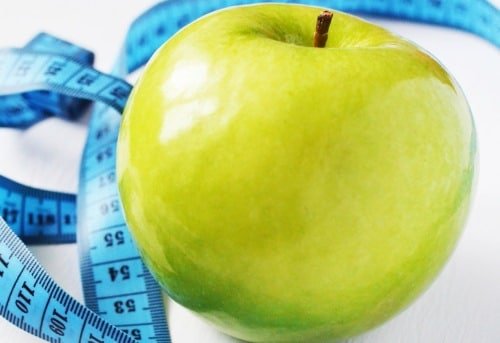5 Misconceptions About Weight Loss – Part 1
Anyone who has tried to slim down can tell you there’s no simple solution for shedding pounds. But drastic steps, like eliminating whole food groups, aren’t a healthy way to lose weight. They’re also not an effective long-term solution for keeping weight gain at bay.
Instant gratification myths may result in modest weight loss in the short term, but they’re not sustainable or effective in the long-term.
Furthermore, some misconceptions about weight loss may actually be harmful to your health and fuel dieting frustration. Let’s separate fact from fiction, debunk some common weight loss myths, and learn some proven ways to lose weight.
MYTH: You Should Avoid Fat to Lose Weight
Fats have gotten a bad rap and eliminating them from your diet won’t make you lose weight. In fact, research has shown that eating low-fat foods isn’t particularly successful in shedding pounds and keeping them off.
Opt instead for healthy fats, including olive oil, salmon, avocado and walnuts. These healthy fats can not only help improve heart health, but also help you maintain a healthy weight when eaten in moderation. Remember, don’t overdo it. Foods rich in healthy fats still tend to be higher in calories. Be sure to pay attention to your portion sizes.
MYTH: Low-Carb Diets Are Best for Weight Loss
There’s no shortage low-carb eating plans on the market and many people have a misguided fear of carbs. But not all carbs are “evil”. Whole grains as part of an overall healthy diet can help you maintain a healthy weight. The fiber content of whole grains helps you feel satisfied with fewer calories. And despite the claims of low-carb diets, there is little evidence to suggest that a diet rich in healthy carbs contributes to weight gain.
That said, when it comes to carbs, you do need to consider quality as well as quantity. Some carbohydrates are better for our bodies than others. High-quality carbs contain more fiber, which helps slow your digestion and keeps your blood sugar from spiking. Low-quality carbs, on the other hand, have usually been processed or refined in some way which strips away most of that helpful fiber.
Naturally occurring carbs, found in fruits, vegetables, whole grains, legumes and seeds, should be included as part of a healthy diet.
MYTH: All Calories Are Created Equal
Your diet affects your metabolism, so when it comes to shedding extra pounds, the source of your calories matters. Sugar-rich foods, like candy and cookies, can cause a spike in your blood sugar, a signal to your body that it should hold onto more fat. This isn’t a good thing for those looking to slim down. Instead, fuel your body with lean protein, fresh produce, whole grains and a moderate amount of healthy fats.
Even if foods have the same number of calories, some may be more effective in aiding in weight loss than others.
A candy bar and an ounce of raw almonds contain about the same number of calories, but the nuts, which are loaded with healthy fats, will likely keep you satisfied longer. If you’re feeling full, you’re less likely to graze and consume extra calories throughout the day, which can lead to weight gain.
Rather than making a trip to the vending machine, think ahead and pack healthy meals and snacks that you can have when hunger strikes, so that you’re prepared to make better choices that will satisfy you.
Stay tuned next week to see what unhealthy myths round out our list.
Looking for more guidance on creating a meal plan that works for you. We offer habit-based nutrition coaching. This approach gives you the freedom to eat in ways that feel good to you and your body.








